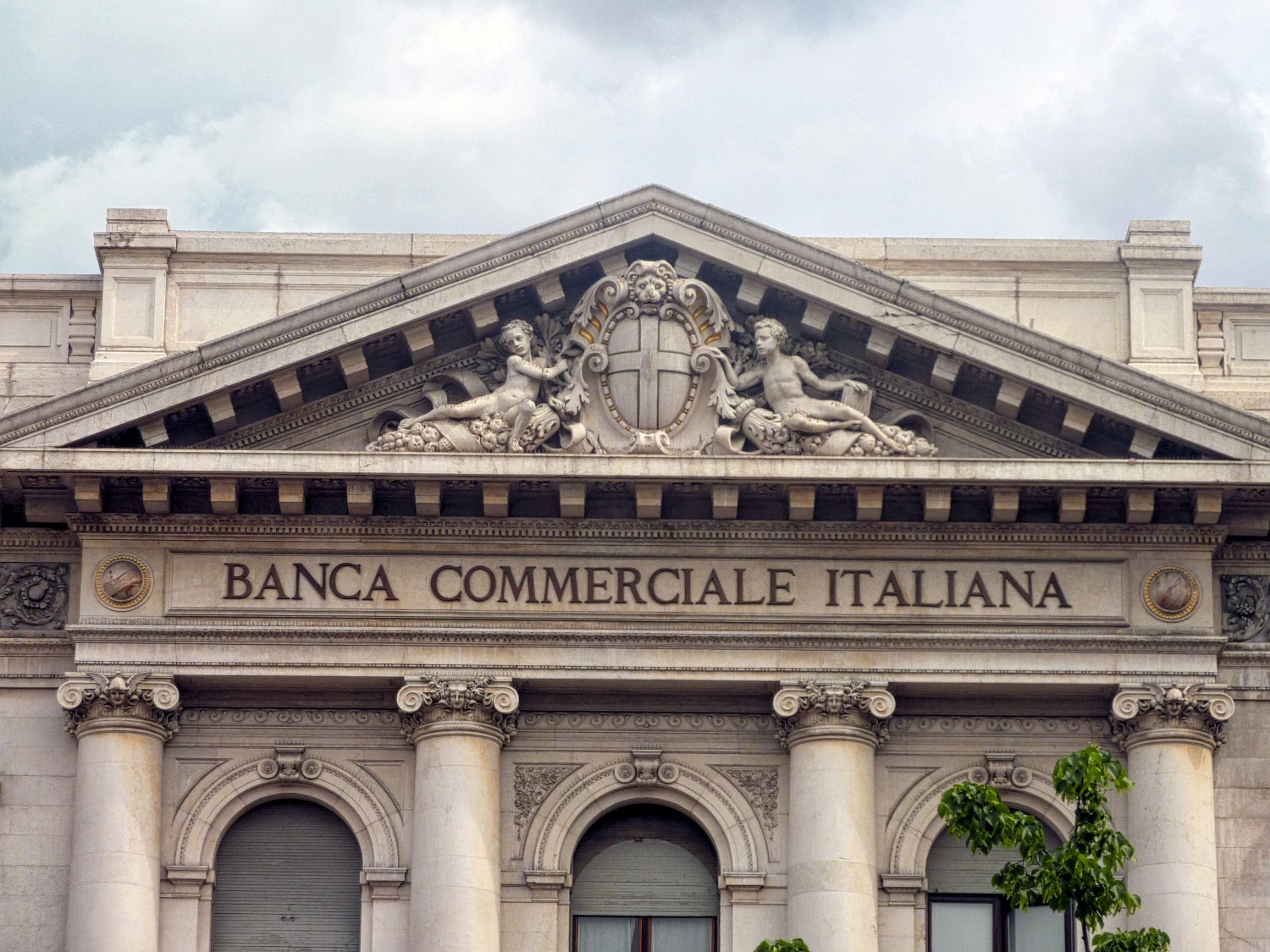bank
Italian Banks Are Sick: A Search For the Cure

Latest results are really showing that the industry is facing a serious problem with bad loans. However, this problem is just on a sluggish pace. This leaves it susceptible to another form of complication like crisis of confidence such as one that led to an outbreak of anxieties in recent weeks.
Atlante was a fund formed just to buy stakes in unwanted lenders and help underwrite a bad loan market. Despite this creation of Atlante, this is long way for being a cure for Italy’s banking complications. So, what is really needed? A steady acceleration of mergers and loan sales is badly needed to ease the illness.
Seven of the Italian lenders reported quarterly results in the past week. All of them except for one had fall in bad loan charges. Banco Popolare on Tuesday was the only bank to report a big increase in loan-loss charges. It needed to meet regulator’s demands to bolster its provisions ahead if its merger with Banca Popolare di Milano.
[buffet_recommended]
Many Italian banks — or most, according to pessimistic observers — do not have enough capital. In addition, they labour under €360bn of bad loans, €200bn of which are extremely bad. The weakest banks desperately need to raise capital, but investors are hard to find. The bigger lenders have committed to underwriting new share issues for their weaker rivals but they, in turn, have needed external support.
If the government had done nothing, Unicredit’s underwriting of Banca Popolare di Vicenza’s capital raising this week, and Intesa Sanpaolo’s of Veneto Banca next month, could have ended extremely painfully, leaving Italy’s biggest banks with many of the unsold shares. This would have raised questions not just about the small banks’ survival and would have discouraged their larger peers from ever getting involved in one of their capital raisings again. The government could not afford to let that message get out.









